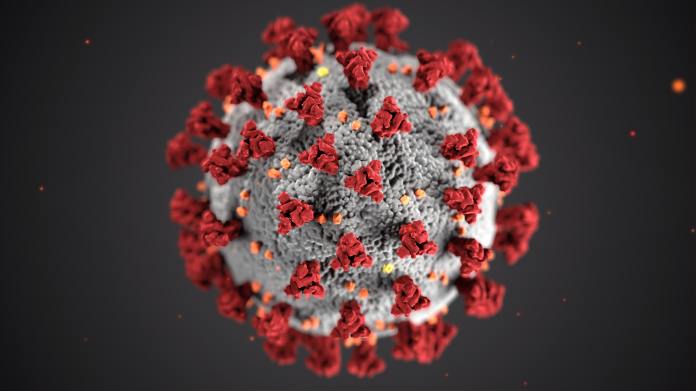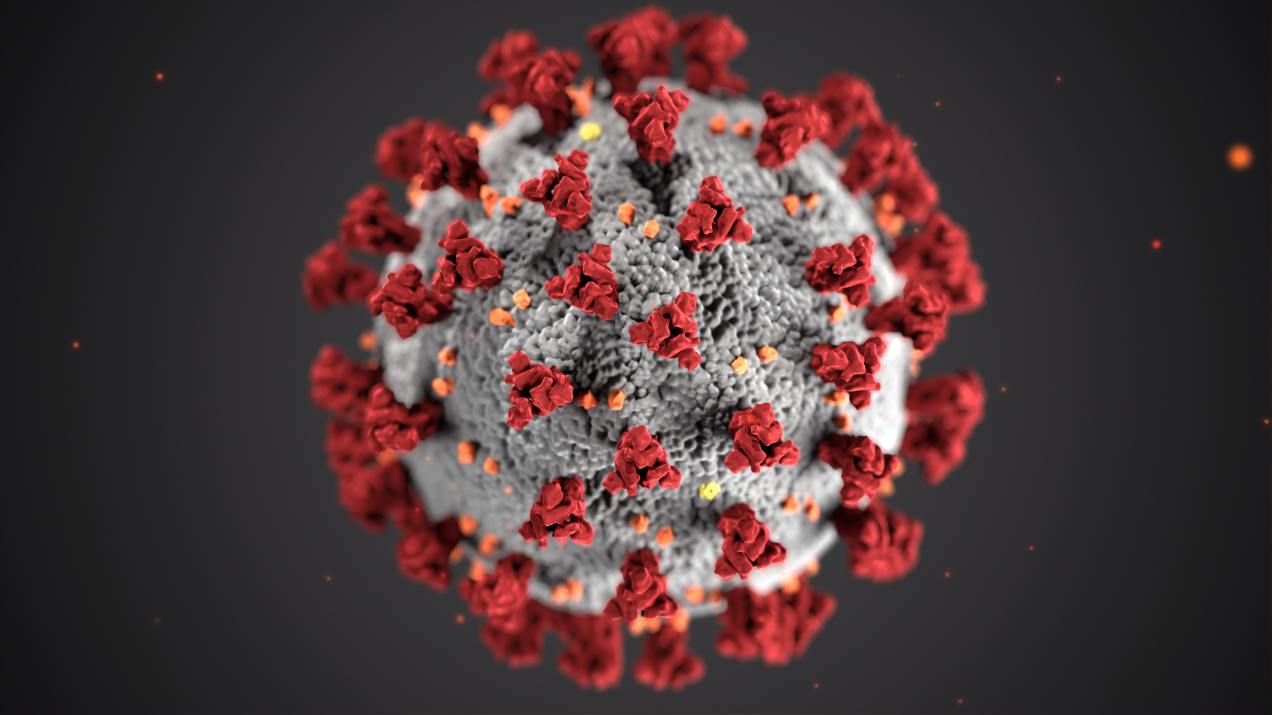Virginia Thornley, M.D.
Neurologist
April 13, 2020
Neurologybuzz.com
http://virginiathornleymd.com/
Introduction
COVID-19 is now a global pandemic. The world is in the midst of a virus that is still an unknown entity. Here, we look at the published research of what we know so far.
Cytokine storm
COVID-19 or the coronavirus is thought to incite a cytokine storm. On review of the literature for severe influenza, a cytokine storm refers to the release of cytokine factors triggered by infection or drugs. It is caused by the breakdown of infected white blood cells through apoptosis causing the release of cytokine factors that lead to a release of even more white blood cells. First, there are infected white blood cells then pro-inflammatory cytokines react. These lead to increased expression of anti-viral, proinflammatory apoptotic genes resulting in tissue damage. There are simultaneous regenerative processes occurring. Usually, the repair is complete. In some cases, it results in severe tissue damage and excess inflammatory responses resulting in alveolar damage. The excessive cytokine-induced inflammation can leak systemically resulting in widespread organ failure (1).

photo credit: CDC through Unsplash
Therapies including IL-6 inhibitors and convalescent plasma
In one report, there is some treatment targeting the cytokine storm which is thought to make some progress including interleukin-6 (IL-6) antibody inhibitors, stem cell therapy as well as transfusion of plasma in convalescence(2). Currently, there are clinical trials at Mount Sinai Hospital in New York City to look into the use of convalescent plasma. There are ongoing trials for interleukin-6 inhibitors by drug companies Sanofi and Regeneron.
Chloroquine
While chloroquine is recommended by expert Chinese consensus after extensive discussion, there are, however, no large human randomized controlled clinical trials yet in COVID-19 showing sufficient scientific evidence that it definitively works(3). Many clinical studies for drugs are ongoing at the time of this writing.
NSAIDs and COVID-19
While there are no studies specifically on the effect of non-steroidal anti-inflammatory drugs on COVID-19, however, there are suggestions it could potentially blunt the immune system from fighting the virus (4). In a UK publication in the BMJ 2020, doctors and scientists believe that NSAIDs in the setting of respiratory failure in COVID-19 could potentially lengthen the time of recovery. Thoughts are that the respiratory illness may be prolonged with the use of NSAIDs. This stemmed from a comment made by an infectious disease doctor in the south of France where 4 individuals with COVID-19 appeared to worsen with the inclusion of NSAIDs in the treatment protocol. Ibuprofen was deleted from treatment protocols in patients with infections in France as of 2019 with paracetamol used in its place. This was supported by expert figures in the UK (4).
Hydroxychloroquine and azithromycin
One small study of 20 patients was recently published showing some improvement of patients on a combination of hydroxychloroquine and azithromycin (5).
Summary
Because this is a novel virus, research is still ongoing and fluid. Larger human studies are needed. There are larger trials ongoing for various drugs. So far most of the research that has been published is in a small number of patients.
Neurologybuzz.com
http://virginiathornleymd.com/
Disclaimer: This is information only not advice, please consult with your physician
References
1. Liu, Q., Zhou, Y. & Yang, Z. The cytokine storm of severe influenza and the development of immunomodulatory therapy. Cell Mol Immunol 13, 3–10 (2016). https://doi.org/10.1038/cmi.2015.74
2.Chen, C., Zheng, X.R., Ju, Z.Y., He, WF. Advances in the research of cytokine storm mechanism induced by Corona Virus Disease 2019 and the corresponding immunotherapies. Zhonghua Shao Shang Za Zhi. 2020 Mar. 1;36(0):E005
3.Expert consensus on chloroquine phosphate for the treatment of novel coronavirus pneumonia. Zhonghua Jie He He Hu Xi Za Zhi. 2020 Mar 12;43(3):185-188. doi: 10.3760/cma.j.issn.1001-0939.2020.03.009.
4. BMJ 2020;368:m1086 doi: 10.1136/bmj.m1086
5. Gautret, P., Lagier, J., Parola, P., Hoang, V.T., Meddeb, L., Mailhe, M., Doudier, B., Courion, J., Giordanengo, V., Viera, V., Dupont, H., Honore, S., Colson, P., Chabriere, E.,La Scola, B., Rolain, J., Brouqui, P., Raoult, D. Hydroxychloroquine and azithromycin as a treatment of COVD-19: results of an open-label non-randomized clinical trial, Int. J. Antimicrobi Agents. 2020, Mar 20doi: 10.1016/j.ijantimicag.2020.105949 [Epub ahead of print]
Disclaimer: This is information only not advice, please consult with your physician

